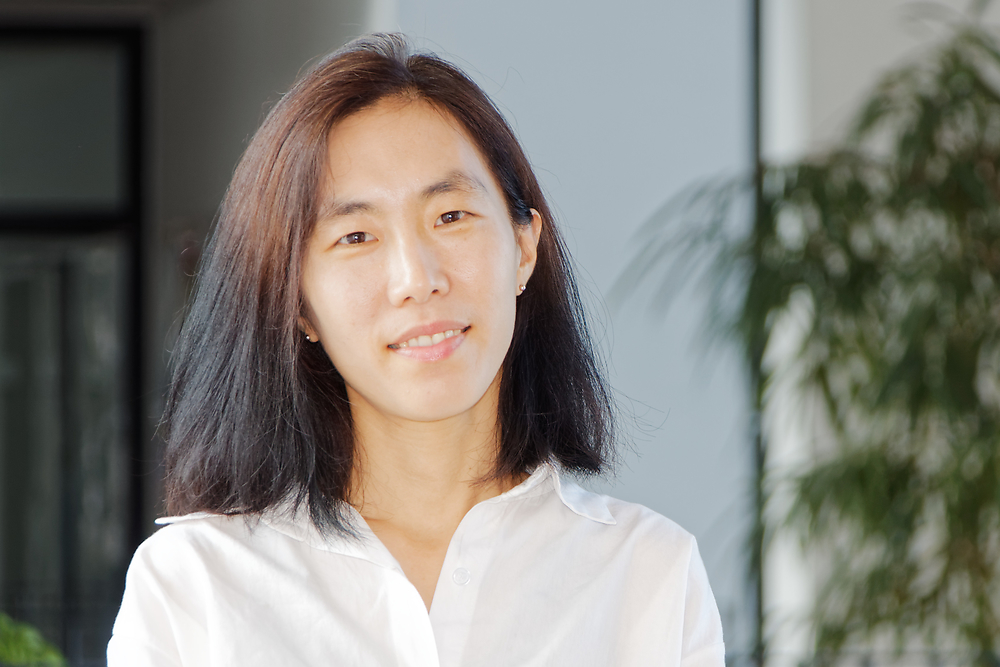August 27, 2020 | News | Welcome to the MPIDR
D. Susie Lee is new researcher at the Laboratory of Fertility and Well-being

© Wilhelm/MPIDR
Investigating variation in the fertility of individuals and groups is Susie Lee's field of research. The new researcher in the Laboratory of Fertility and Well-being is also interested in good science communication.
1. What question drives you most in your research?
I study the evolution of human life history, focusing on the context of reproduction. To do so, I have taken a comparative approach. My PhD projects tried to answer how the variation in fertility is shaped by the survival costs of reproduction, in a population of rhesus macaques living on an island off of southeast coast of Puerto Rico.
2. What are you particularly looking forward to as you start working at MPIDR?
At MPIDR, I will expand my research to contemporary humans. I am interested in the areas that characterized human life history - e.g., fertility variation, long juvenile period, cooperative care in childrearing, and post-reproductive life. I am excited by the possibility of collaborating with researchers across topics in human demography.
3. What do you like most about Rostock?
It has been only few months, but I already feel at home in Rostock thanks to the overall openness and calmness of the people I interact with. I really appreciate the easy access to the ocean and the beautiful waterfront.
4. What are you obsessed with at the moment besides demography?
I care about good science communication. I am often concerned when science is presented as a tool to obtain 'an objective answer.' As scientists, we know that science is a dynamic process of refining knowledge as evidence is accumulated and evaluated. We also know that science can be biased, and being able to be corrected through collective learning is the strength of science. I believe that communicating these aspects can make science a better and accessible tool for everyone. I have contributed essays and columns on various topics in evolutionary biology, in my native language Korean, and I will keep continuing such efforts.